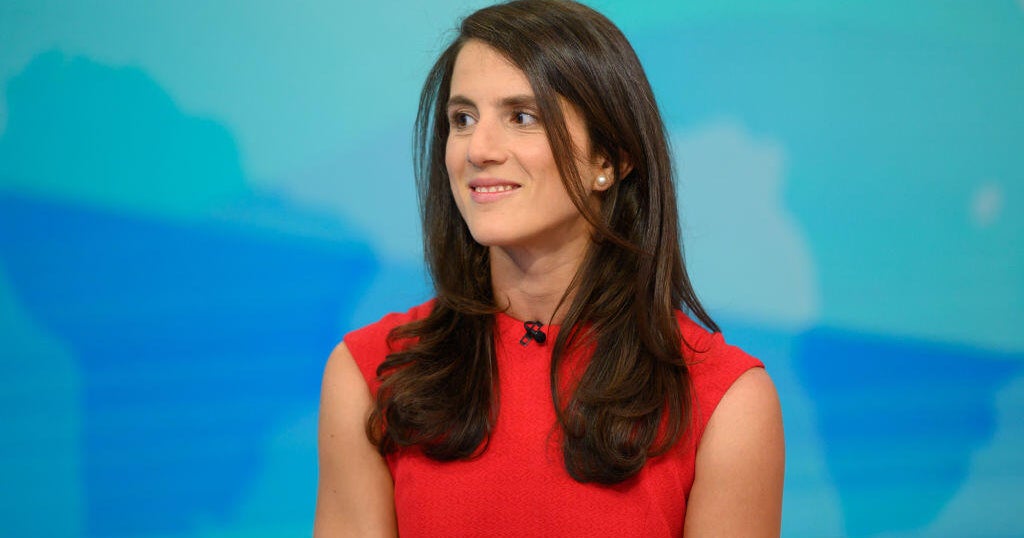This week, the European Union agreed to a trade deal with the United States that amounts to a capitulation to President Donald Trump. Yes, Trump had already made concessions in advance by pre-emptively walking back his outrageous opening gambit in the tariff war when markets rebelled. But the US president has since enjoyed a run of victories, establishing a new baseline for US tariff revenue with minimal retaliation from its trading partners.
The deal that European Commission president Ursula von der Leyen sealed with Trump is part of this new normal, in which most countries appear willing to pay extra for access to American markets. It’s not America but the rest of the world that seems to be chickening out.

Illustration: Dionne GainCredit:
There is a hard lesson here for anyone who imagines that a populist-governed US might somehow end up isolated on the world stage. This fantasy has been a source of both comfort and schadenfreude for anti-Trump liberals, since it offers a vision of potential political escape from populism, with liberal culture reconstituted in Toronto or Oxford or Scandinavia, and a vision of a Trumpian America suffering economic punishment as its walls rise higher and the rest of the world prospers through mutual exchange – without the US.
Both conceits are fundamental misreadings of the global situation, which the foreign leaders who have bowed to Trump’s demands seem to understand clearly.
The first thing they understand is that American economic power is just too big to escape or isolate or ignore. Before Trump’s 2024 victory, the economic story was one in which American growth was clearly pulling away from our peer economies in Europe and East Asia. Since Trump’s return to power, even protectionist policy that almost every economist deplores hasn’t prevented the American sharemarket from rising and the American growth machine from churning onwards.
Loading
Even if Trump reverts to deeper folly and causes a recession, the forces favouring the US over Germany or Britain or South Korea or Japan will still be present in the next administration and beyond. Almost all of America’s liberal-democratic peers are poorer than it is and too sclerotic to suddenly surge past it. There is just no booming, youthful, dynamic, entrepreneurial zone capable of taking the place of America in a network of free economies, and therefore no substitute for trade with its companies and access to its markets, even at a Trumpian price.
There is, of course, China, which is strong enough to stand up to Trump’s bullying and dynamic enough to stand as a counterweight to American economic might. But unless your country is already authoritarian – and not necessarily even then – the risks of throwing yourself fully into China’s orbit are still much more extreme than the costs of managing a populist administration in Washington. This doesn’t mean other countries won’t end up trading more with China because of American protectionism. But there is no plausible world where China simply replaces the US as a trusted partner and pillar of globalisation.
Here the economic story links up with the political one. If it’s implausible to imagine a network of European and Asian economies prospering without the American leviathan, it’s even less plausible to imagine some kind of liberal world order reconstituting itself separately from the US.
A liberal world order consisting of Western Europe and Canada would not be an order but an impotent anachronism. Even as the post-Cold War order fades away and America’s leader boasts about acting purely in self-interest, the US is still called upon to mediate conflicts between India and Pakistan or Cambodia and Thailand or Congo and Rwanda, while it supplies weaponry that protects Taiwan and staves off defeat for Ukraine.
Loading
Should American power retreat fully from that role, there is no liberal successor waiting in the wings. And the concessions made to Trump by NATO members on military spending targets, such as the EU’s trade concessions, reflect an awareness of this reality – in which it’s always better to help prop up the Pax Americana than to seek to build a post-American system.
The other crucial political point is that the crisis of liberalism is general, not specific to the US. It’s not as if liberalism is resilient or thriving in Europe or East Asia while it decays in the US. Populism already rules in Italy and Hungary, it might govern France and Britain soon, it is rising in Germany, and Japan and South Korea have their own forms of post-liberal polarisation. And Western progressivism has its own illiberal features. The tensions of multiculturalism may make the European order more unstable than America’s.
Over the years I have known left-wing and right-wing Americans who have decamped from our country for what seem like more politically congenial situations – escaping wokeness in Eastern Europe, escaping Trumpism in Canada or Britain. My suggestion to these friends has been consistent: Whatever your ideals or fears, whatever your beliefs about the good society, the battles you care about will be won or lost in the US.
The refuges are illusory, the alternatives are compromised or weak, and the future of freedom will be American or it will not be at all.
Get a weekly wrap of views that will challenge, champion and inform your own. Sign up for our Opinion newsletter.
Most Viewed in World
Loading


















































